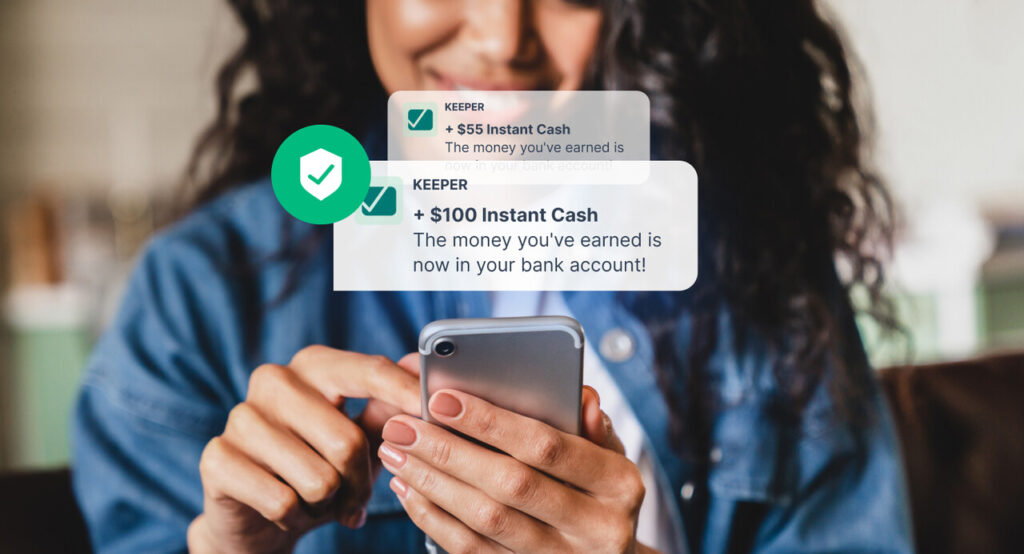As interest in same-day pay grows, many HR leaders ask the same question: Is this legal?
The short answer: Yes—when done right.
Earned Wage Access (EWA) is legal in all 50 states and is increasingly seen as a responsible way to support workers financially. But like any benefit, it needs to be offered in a compliant, transparent, and well-structured way.
Here’s what you need to know.
What Is Earned Wage Access?
EWA allows employees to access a portion of their earned wages before the end of the pay cycle. It’s not a loan or advance—it’s money they’ve already earned.
Because there is no credit check, interest, or repayment obligation, EWA is distinct from payday loans or credit products.
Legal Considerations for HR Teams
1. It Must Not Be a Loan
To avoid regulatory scrutiny, EWA programs should:
-
Offer only earned wages (not future projected wages)
-
Avoid interest or late fees
-
Not require credit checks or contracts
Keeper follows these rules to ensure employees access only what they’ve already worked for.
2. It Must Not Impact Payroll Timing
EWA shouldn’t disrupt your regular payroll process. Keeper integrates with your time-tracking and payroll system to reconcile payouts seamlessly—so your payroll stays intact.
3. Fee Transparency Matters
The CFPB and state regulators care most about transparency. Keeper provides clear, up-front information about optional fees, and employees are never locked in.
4. Voluntary Use Is Key
Participation should be 100% optional. Keeper never auto-enrolls users and allows them to opt in or out at any time.
Regulatory Support Is Growing
In recent years:
-
The CFPB has issued multiple non-objection letters for EWA models
-
States like Nevada and Missouri have begun formalizing EWA regulations
-
Industry coalitions like the American Fintech Council have supported EWA best practices
The trend is clear: responsible EWA programs like Keeper’s are here to stay—and increasingly embraced by lawmakers.
Why Keeper Meets Legal Best Practices
-
No loans or credit checks
-
Real-time reconciliation with payroll
-
No impact to employer cash flow or pay schedule
-
SOC 2-compliant platform security
-
Transparent fees with no hidden costs
Compliance Doesn’t Have to Be Complicated
When structured properly, EWA is a compliant, ethical, and effective benefit.
Keeper was built with compliance at its core—so HR teams can offer same-day pay with confidence.
Request a Demo to see how Keeper works and get your legal or finance team on board.
*Sources: Consumer Financial Protection Bureau (CFPB), American Fintech Council, state financial services departments, Keeper compliance team



